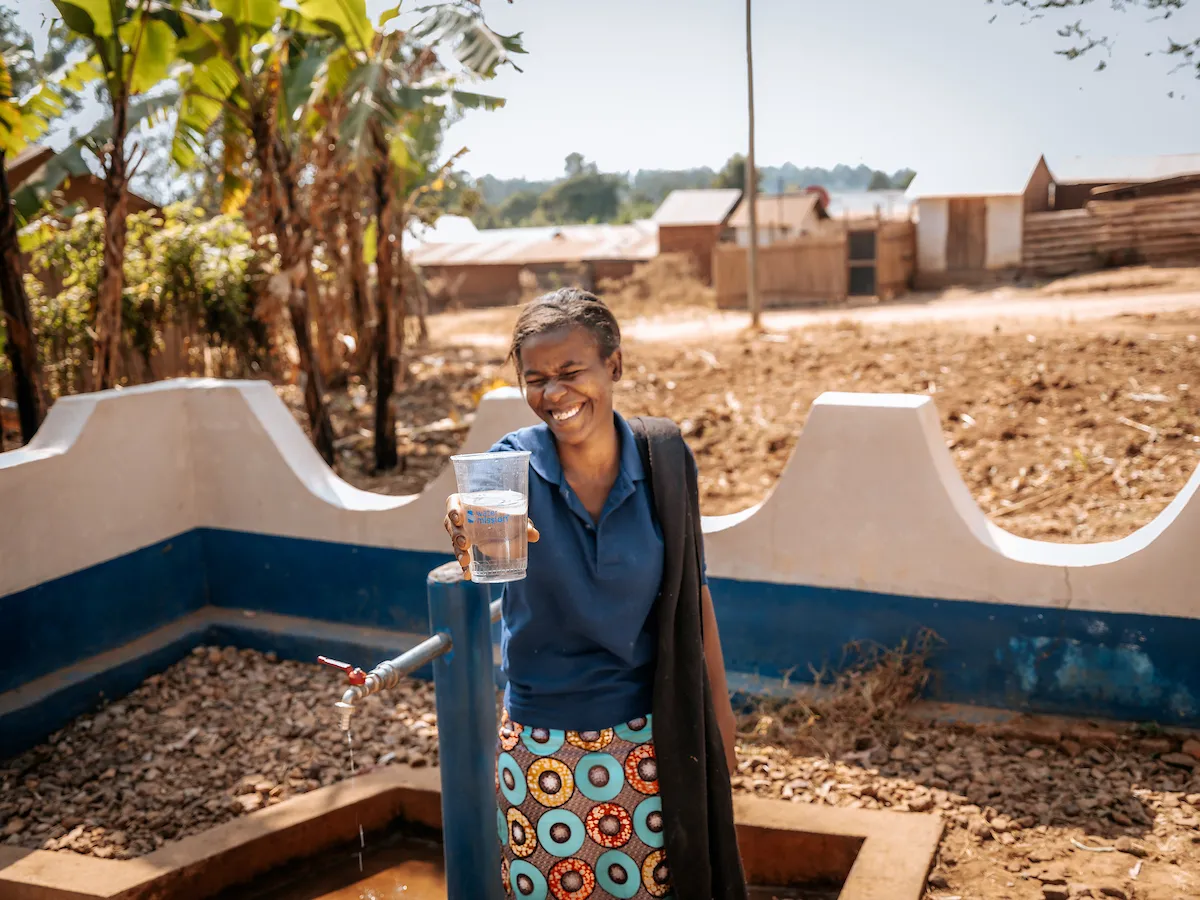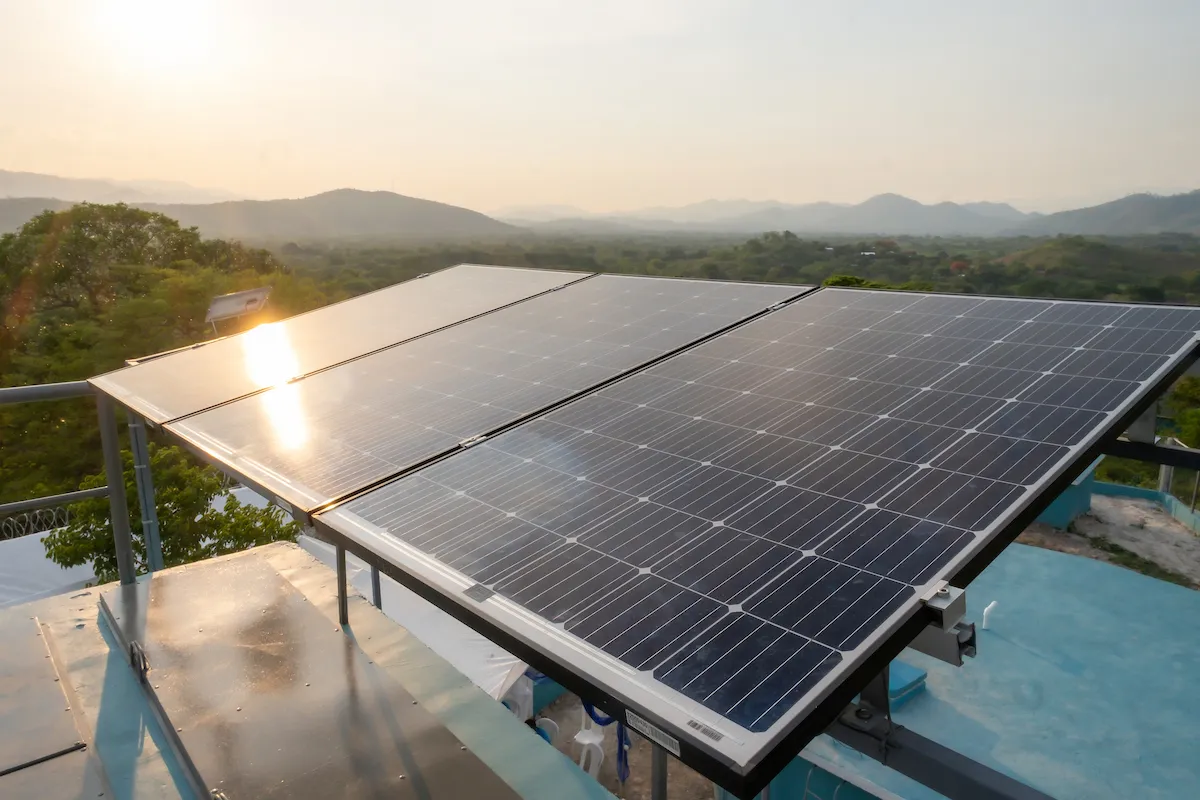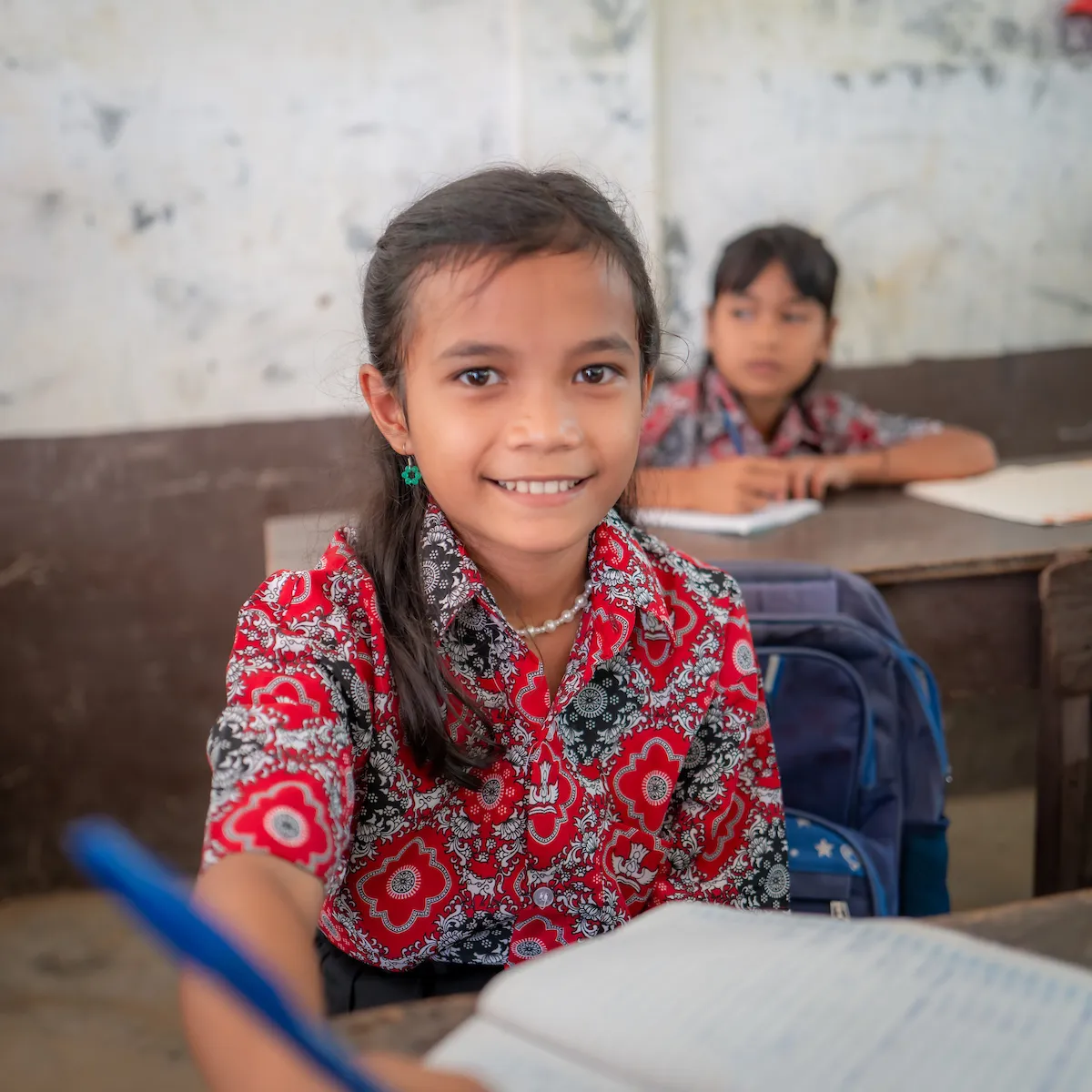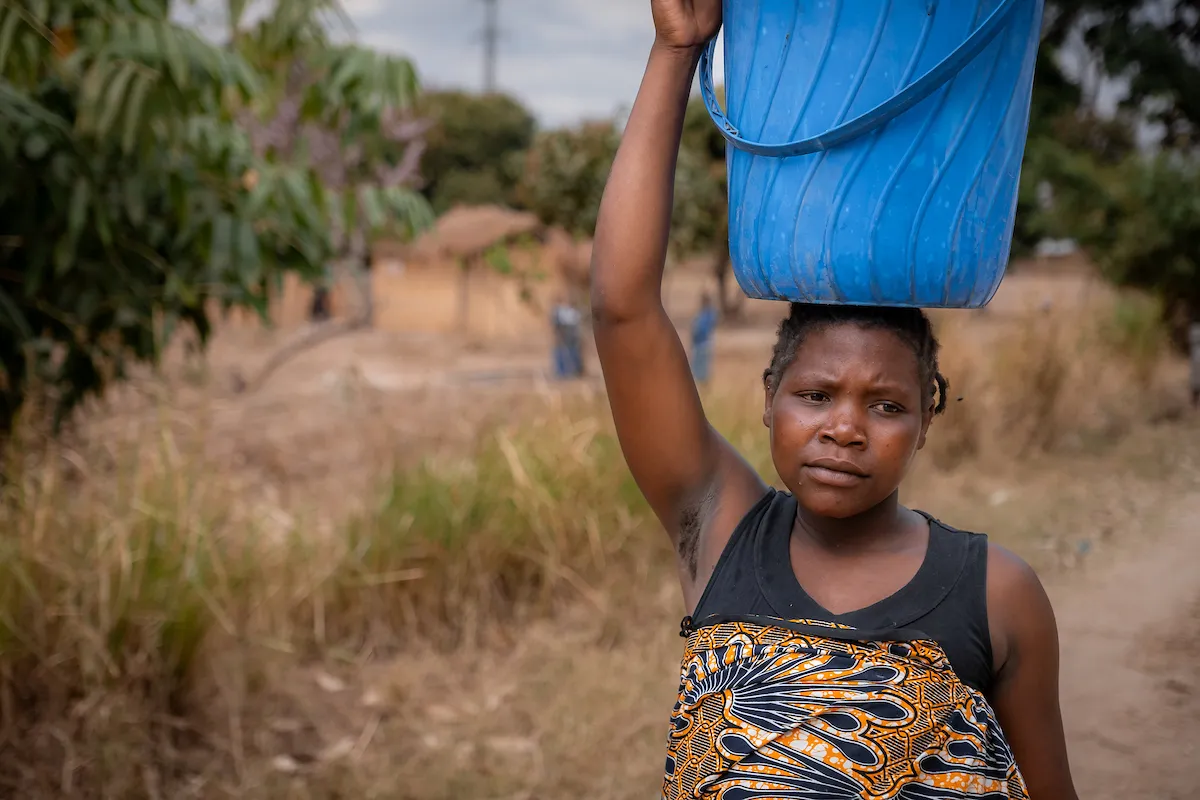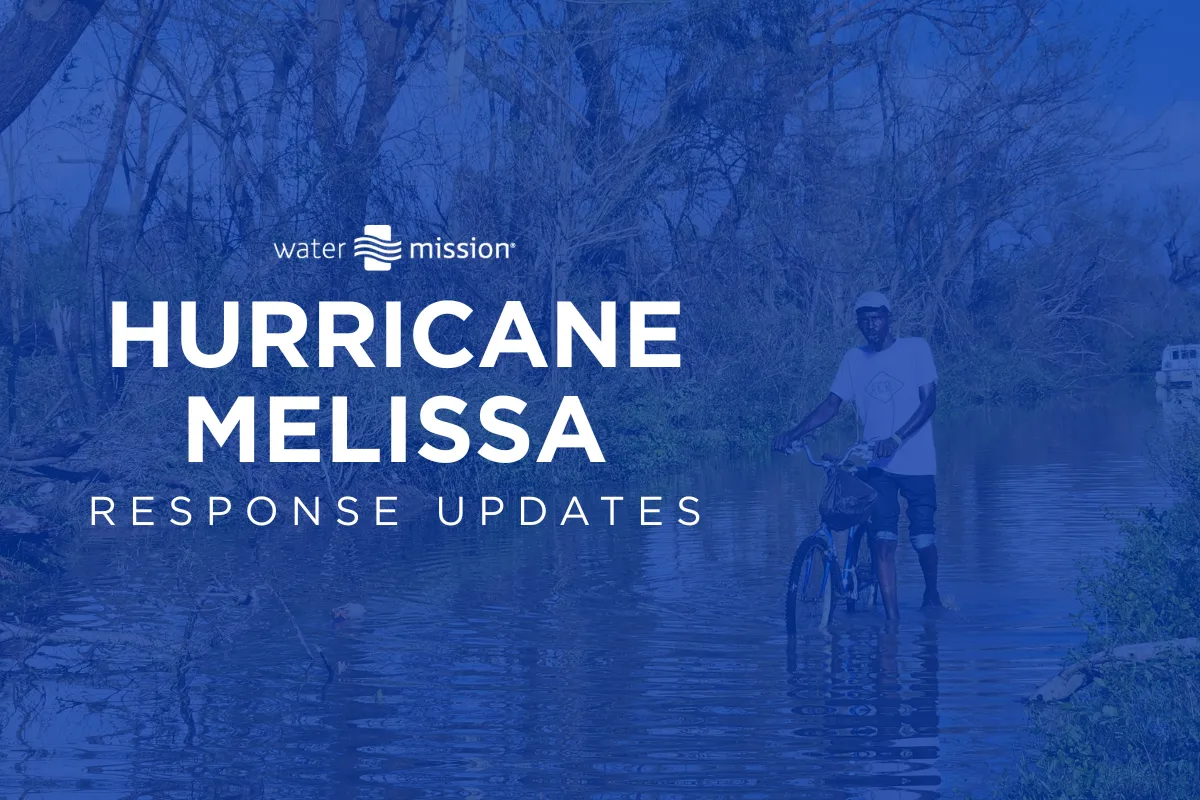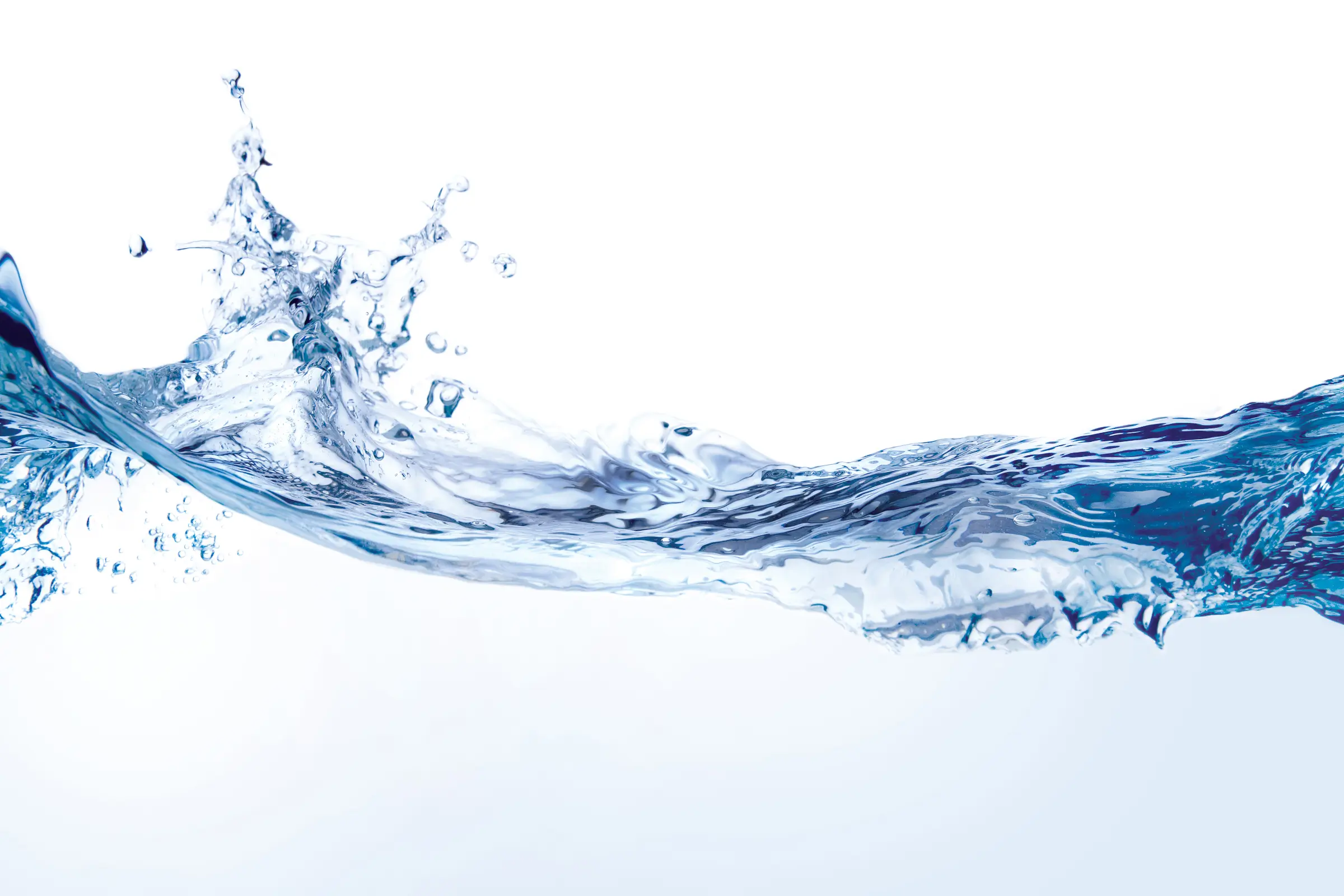Living the Global Water Crisis: Renatal’s Story
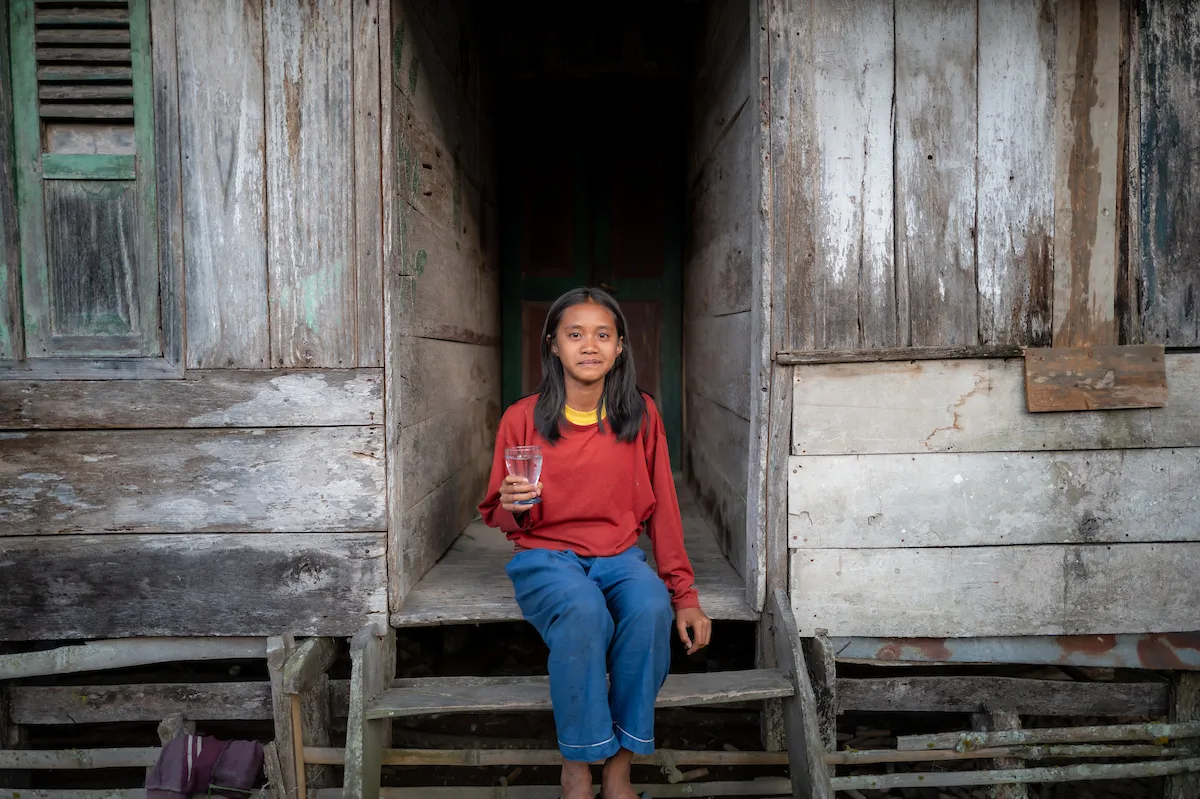
The global water crisis is urgent. Lacking safe water is a critical emergency that impacts every facet of life for people around the world.
UNICEF’s International Day of the Girl “celebrates girls everywhere, amplifying their voices, actions, and leadership. It is a day that belongs to everyone who cares about girls and their rights.” But often, women and girls are the ones most directly impacted by their community’s lack of safe water. This International Day of the Girl Child, we want to recognize girls like Renatal who are impacted by the global water crisis every day.
Women and girls around the world collectively spend 200 million hours a day walking for their water. For girls, this often means missing school, time for homework, and the joys of being a kid.
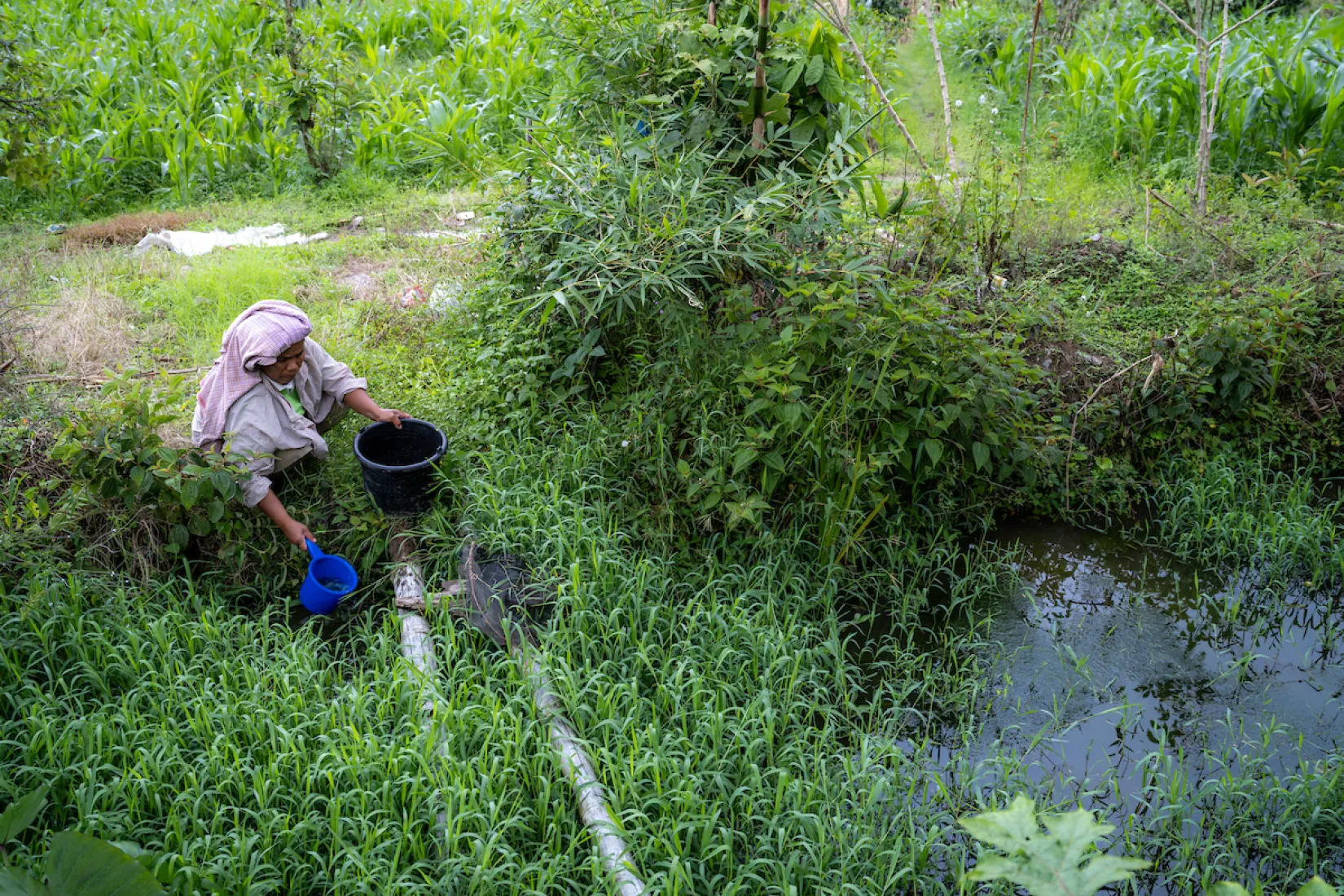
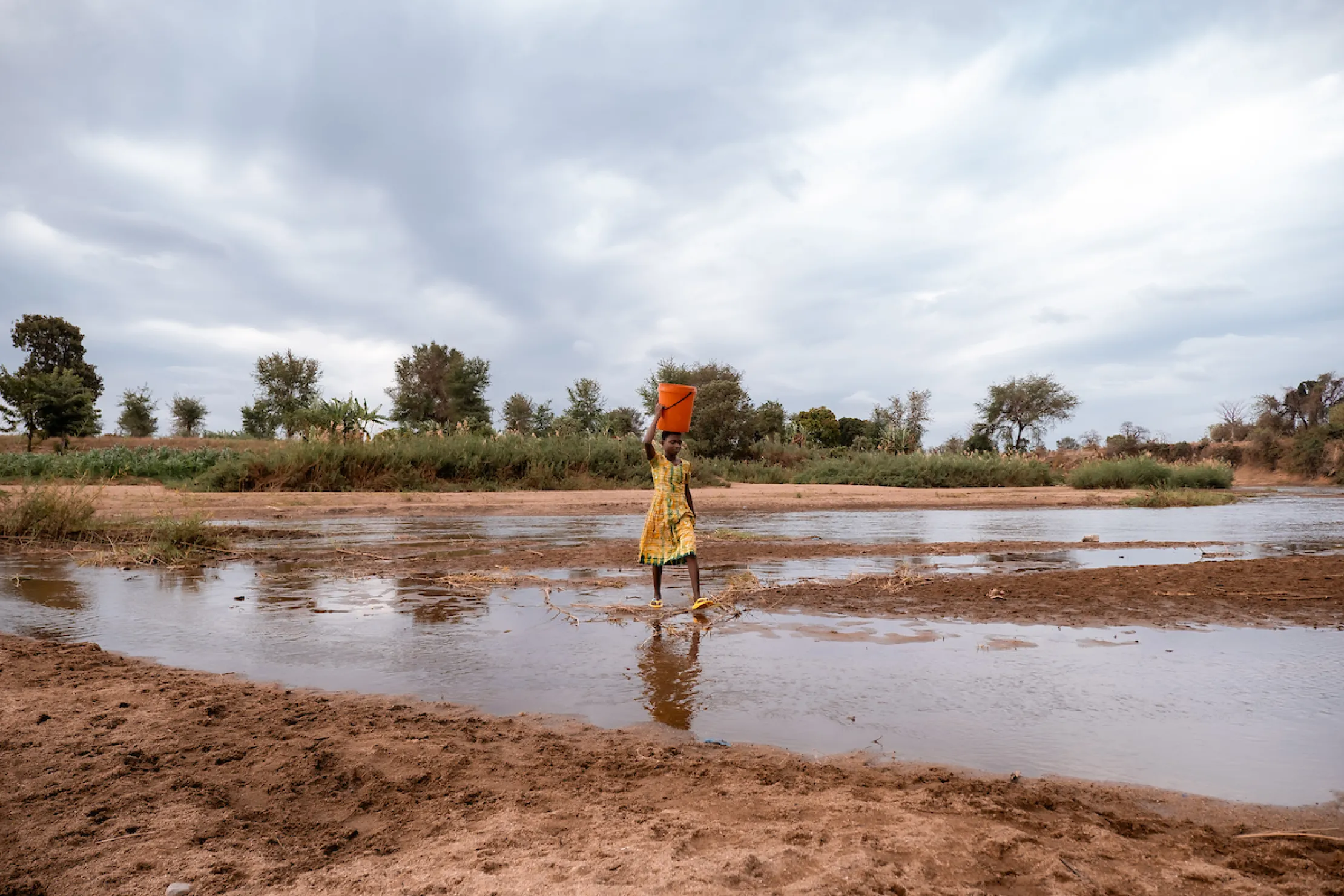
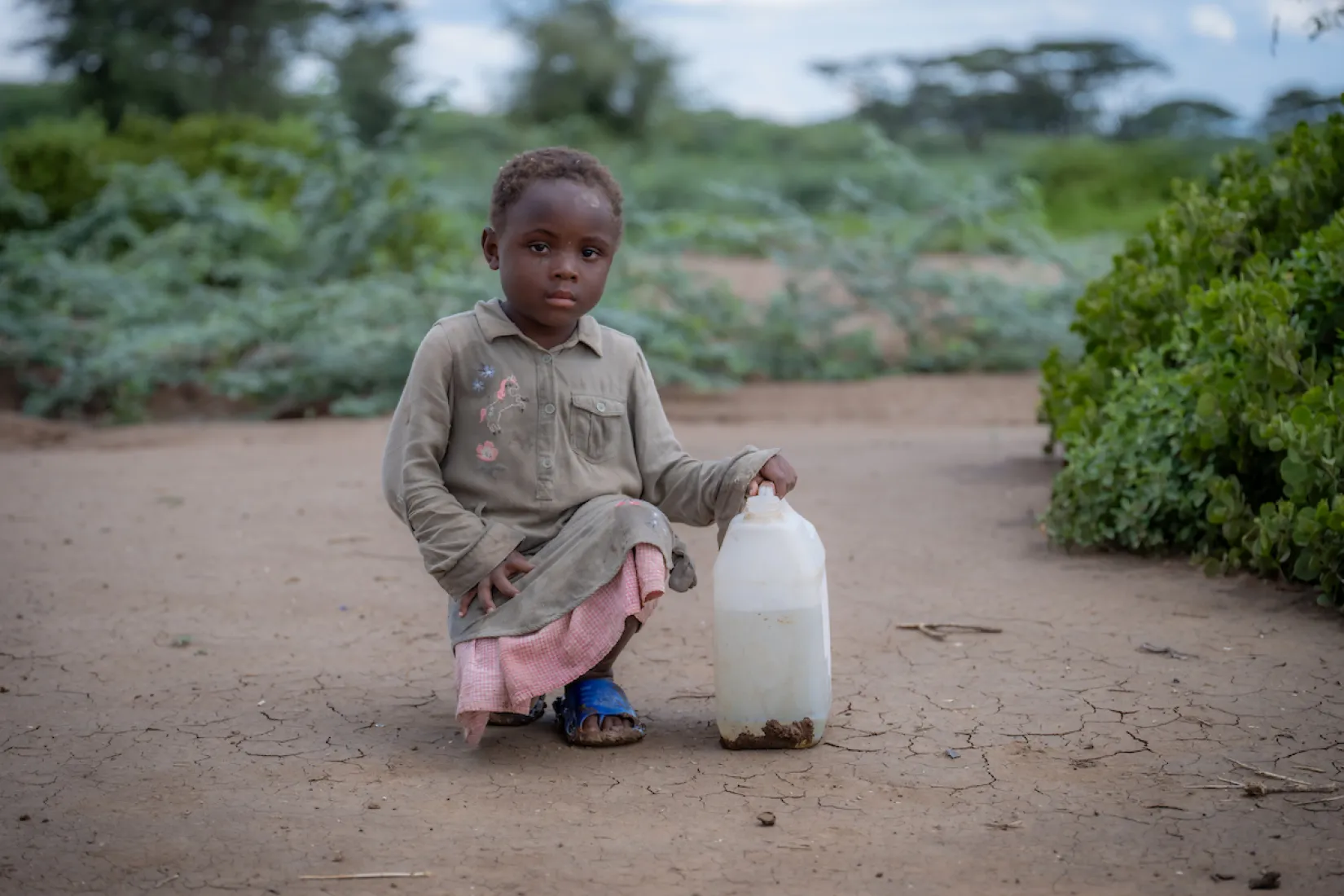
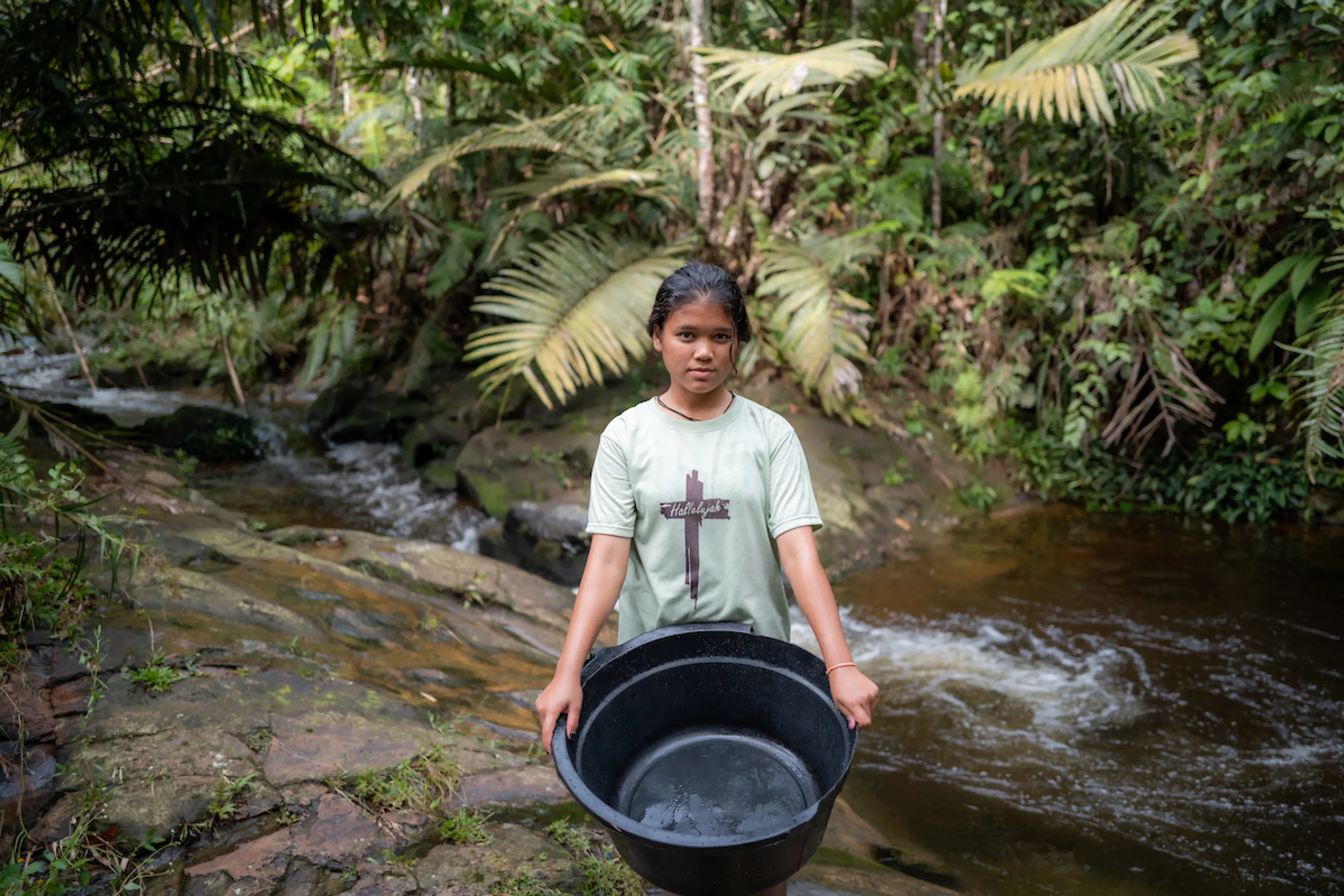
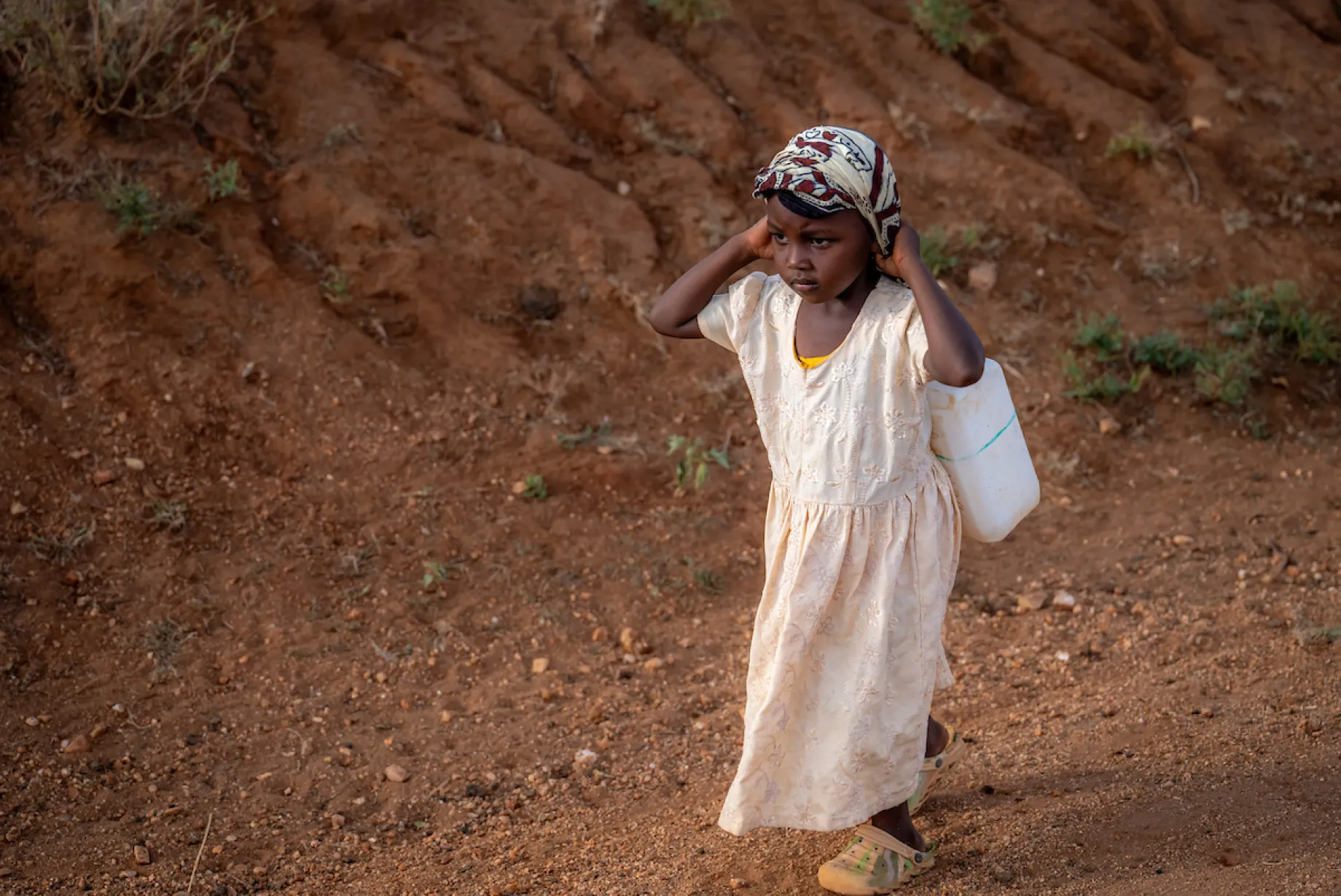
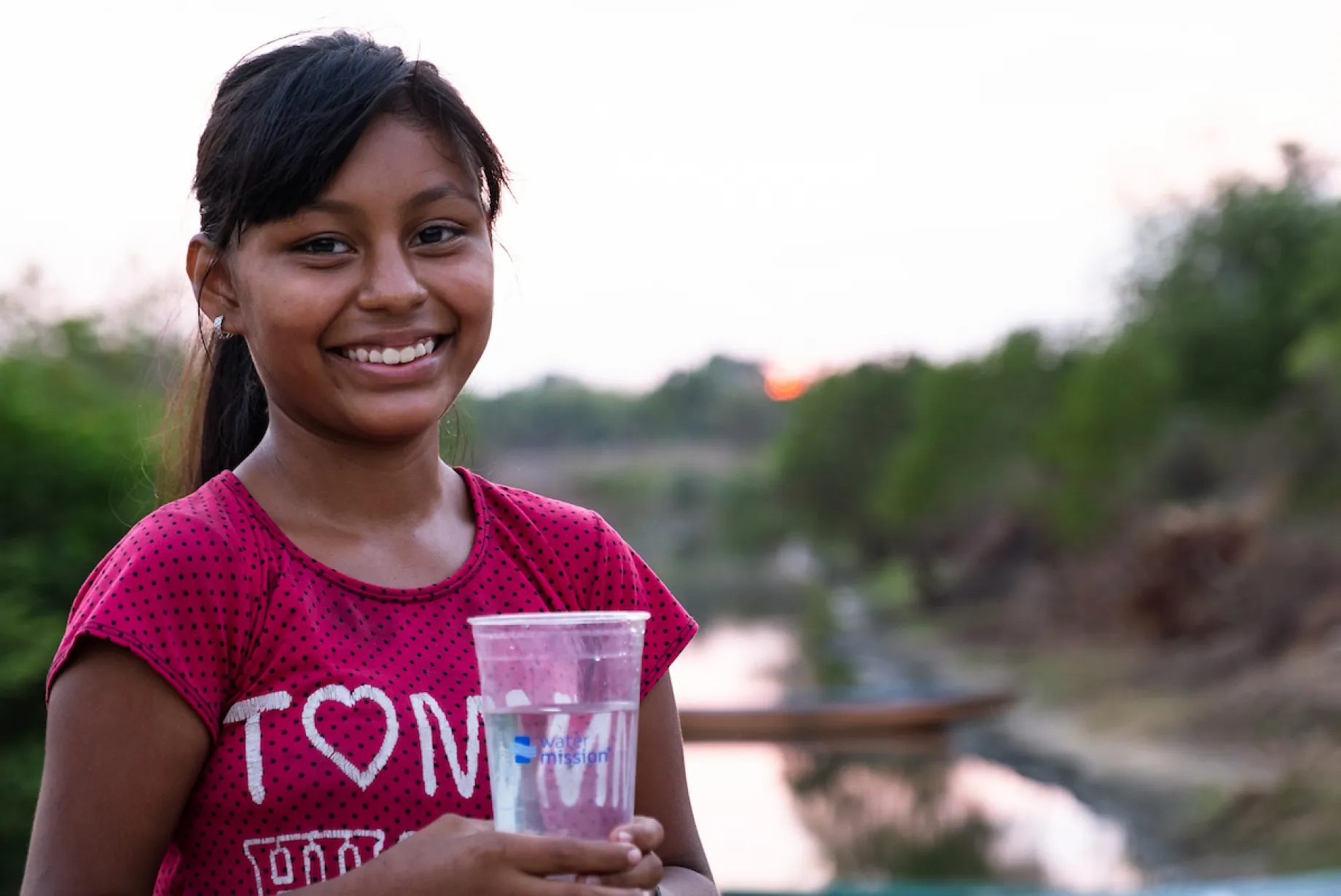
Renatal lives in Huta Rihit, Indonesia, a small farming town in the mountains. Her name means “born at Christmas” because she was born on Christmas Eve. She loves playing with her younger siblings, Arta and Bersahabat, and she enjoys learning math at school.
I want to be a doctor when I grow up because I feel bad—it upsets me—to see sick people. I want to help people.
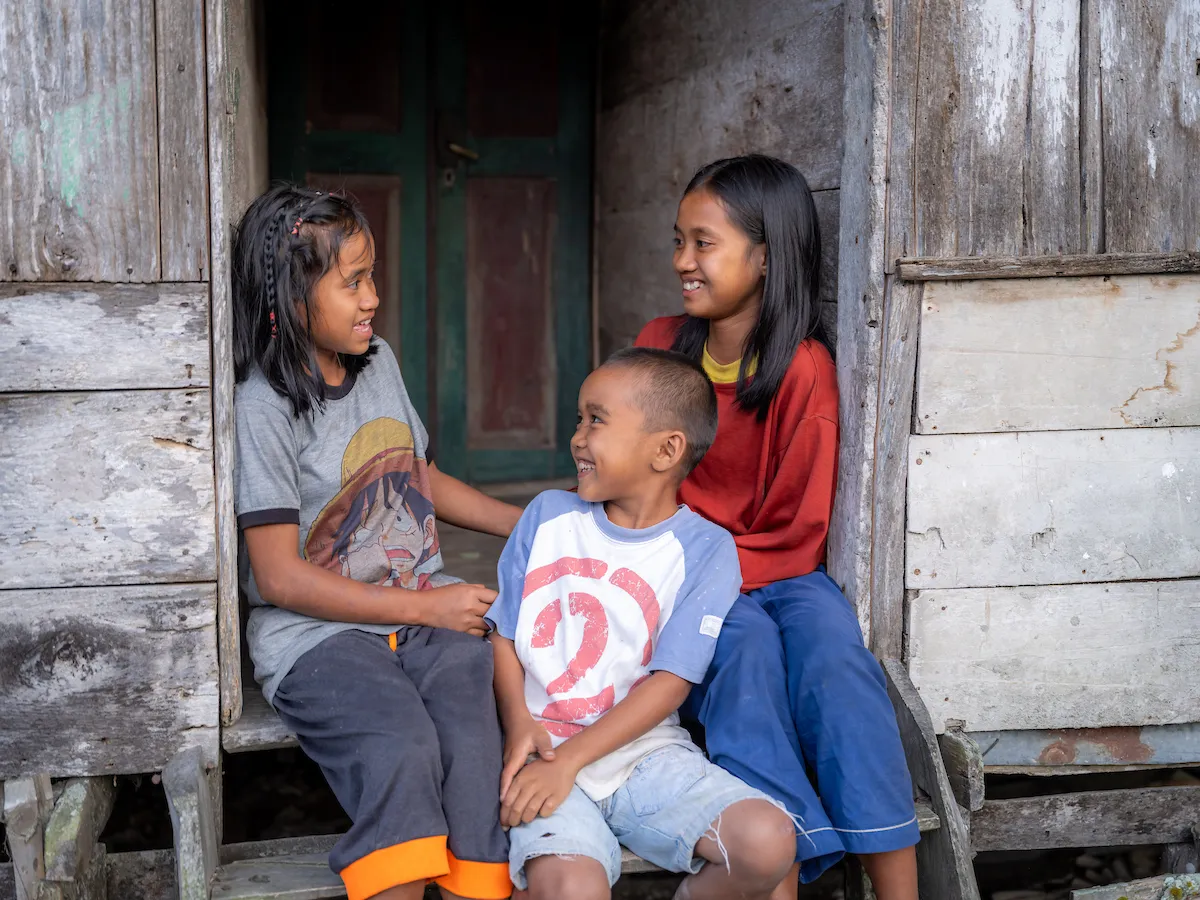
Renatal and her siblings, Arta and Bersahabat, grew up in Huta Rihit, Indonesia, where they suffered from a lack of safe water.
Until August 2024, Renatal’s family lived under the shadow of the water crisis.
Families in Huta Rihit used to collect water from open ponds contaminated with bacteria, including E. coli. During the dry season, the ponds dried up, leaving people waiting in line for hours to get water. When it didn’t rain, they had to forego cleaning, bathing, and handwashing.
Like most girls, Renatal was tasked with collecting water for her family every day.
I needed to go to the field to collect water and carry the water back up the hill on my head. During the rainy season, the path is muddy. I would get a full bucket, but I would spill half by the time I got back.
She walked twice in the mornings before school and twice after school, leaving little time for her to do homework or other activities. “It was a 15-minute walk [each way],” she said.
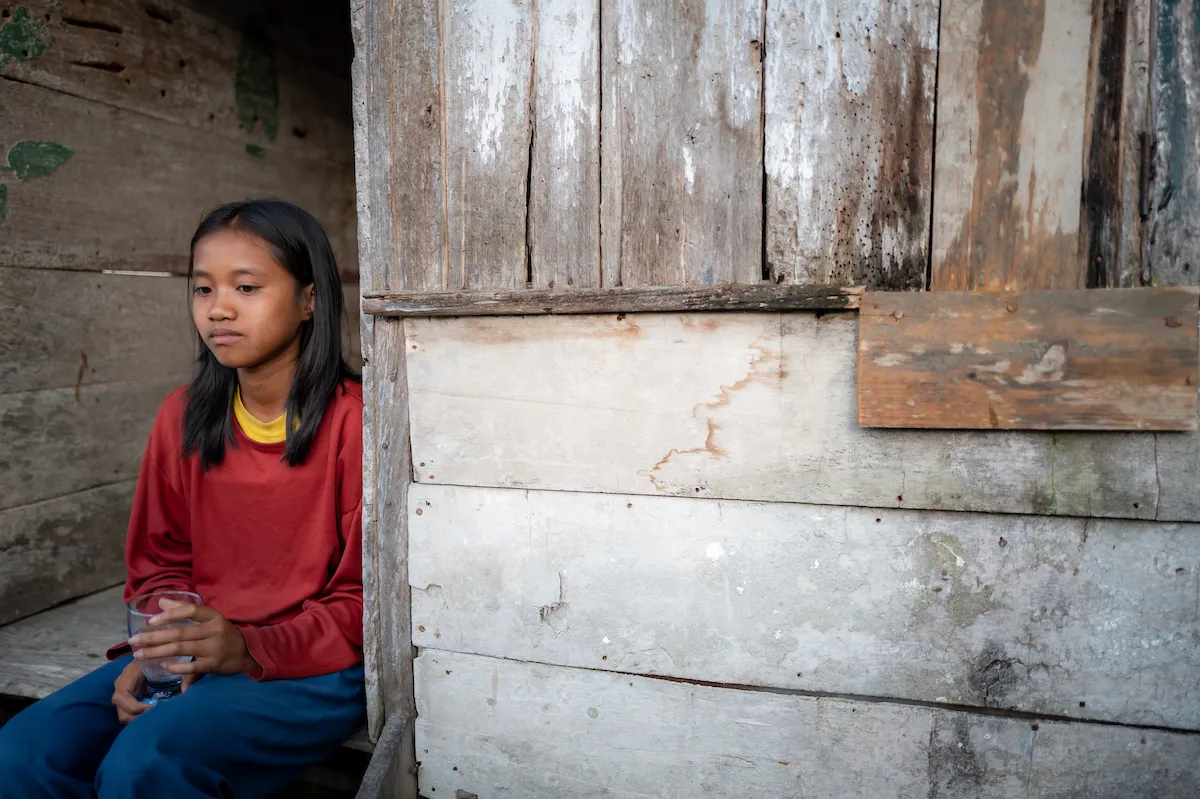
Renatal used to walk four times a day to collect dirty, contaminated water for her family.
Thankfully for Renatal, the global water crisis has a solution.
The people of Huta Rihit excitedly partnered with Water Mission to build a safe water solution in their community. Together, we installed an 18-panel solar-powered system that sources water from a spring, filters and chlorinates it, and distributes it to every home in town.
Renatal’s family now has safe water delivered directly to their house through a home connection.
Now I can just go to the tap, and it takes me under one minute! Because we have taps at every house, me and my friends don’t need to go to the field to collect water. I also don’t have stomach problems anymore.
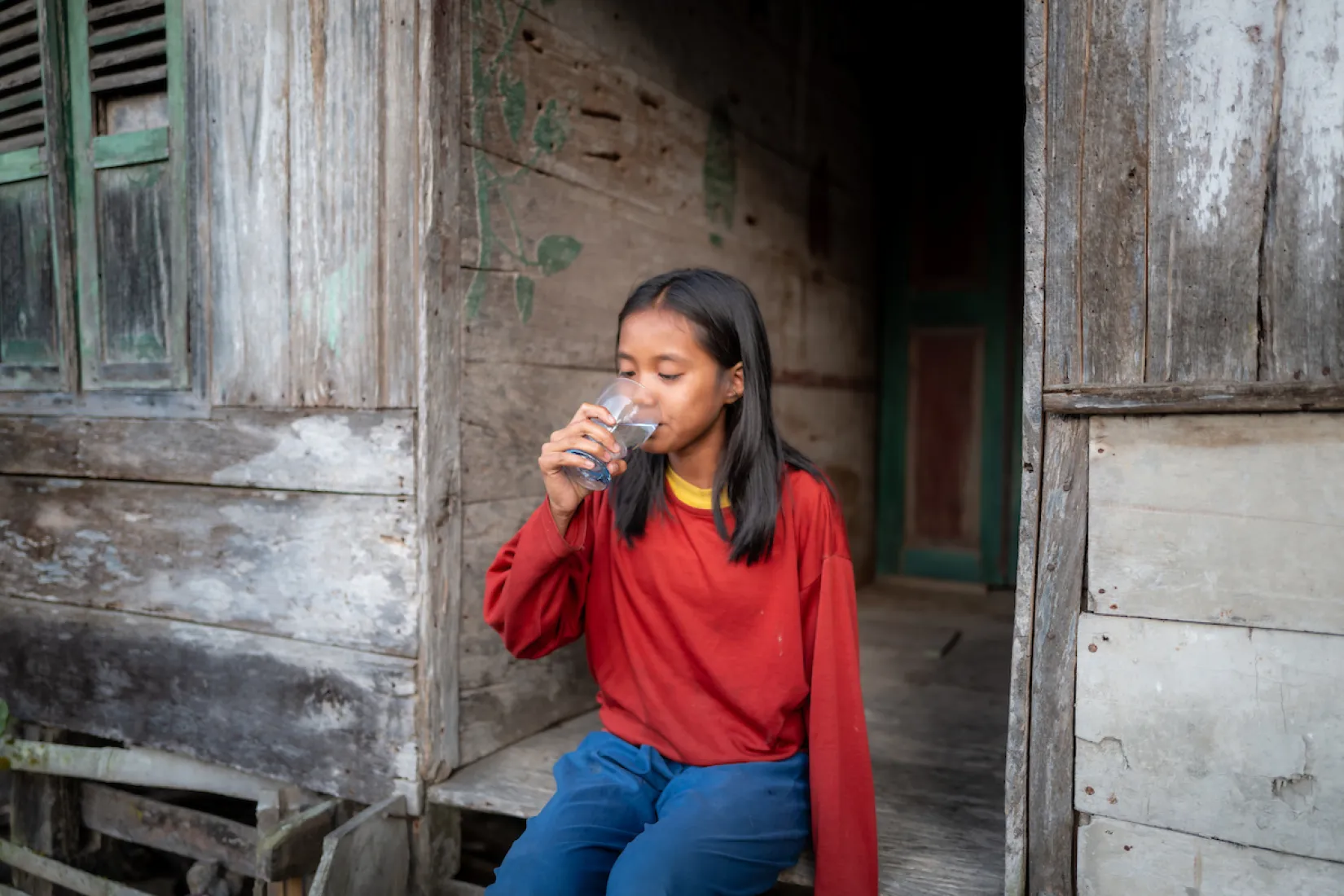
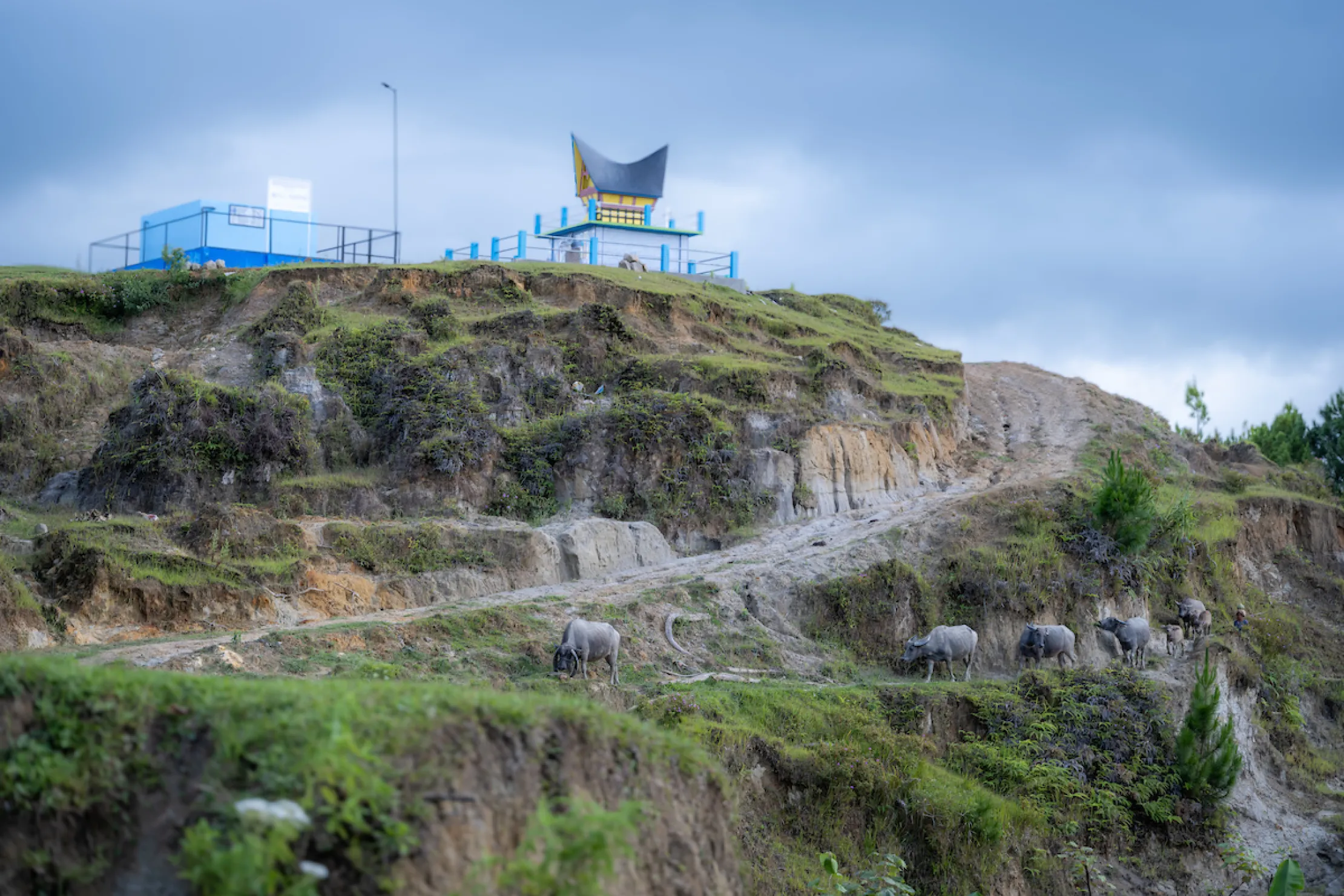
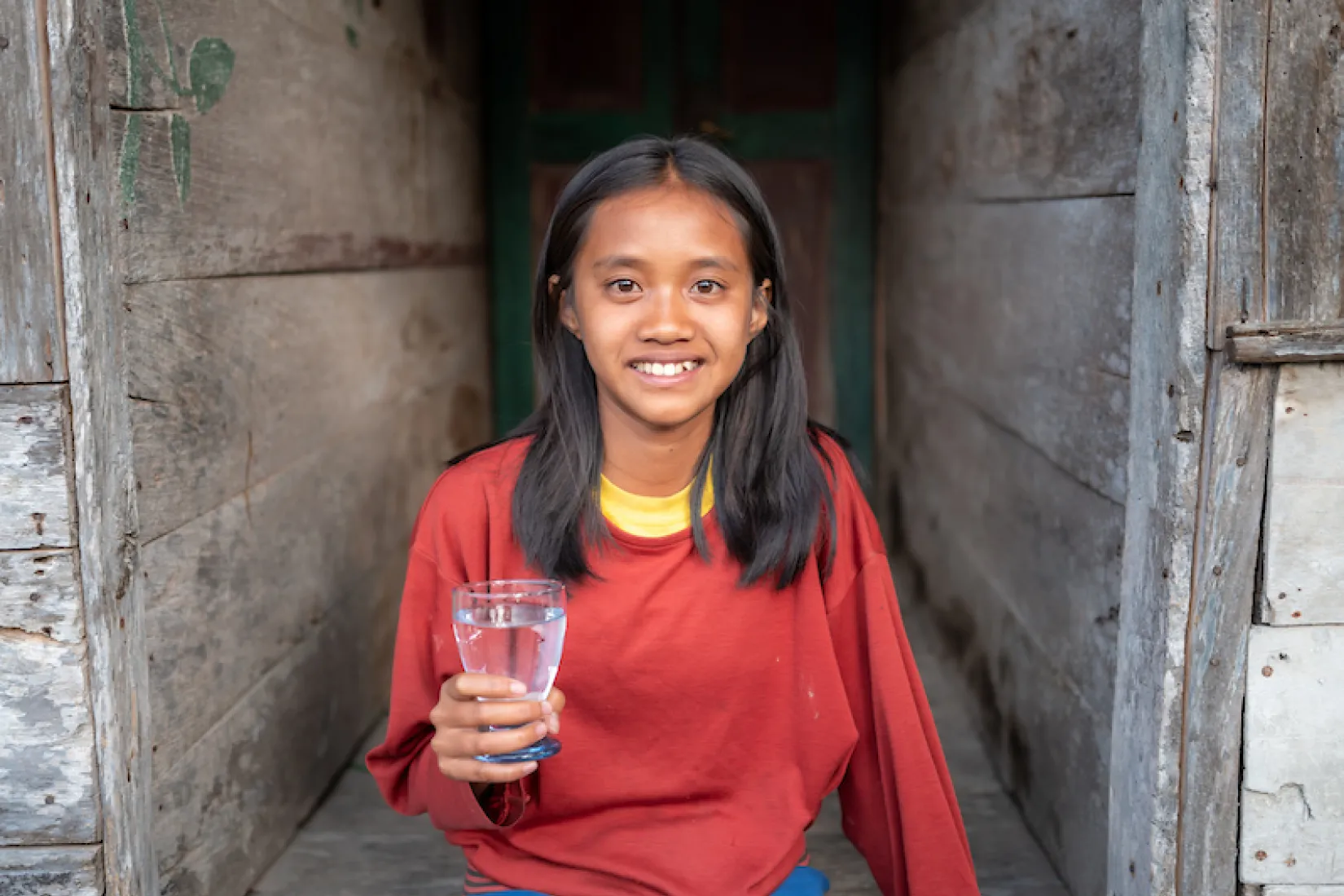
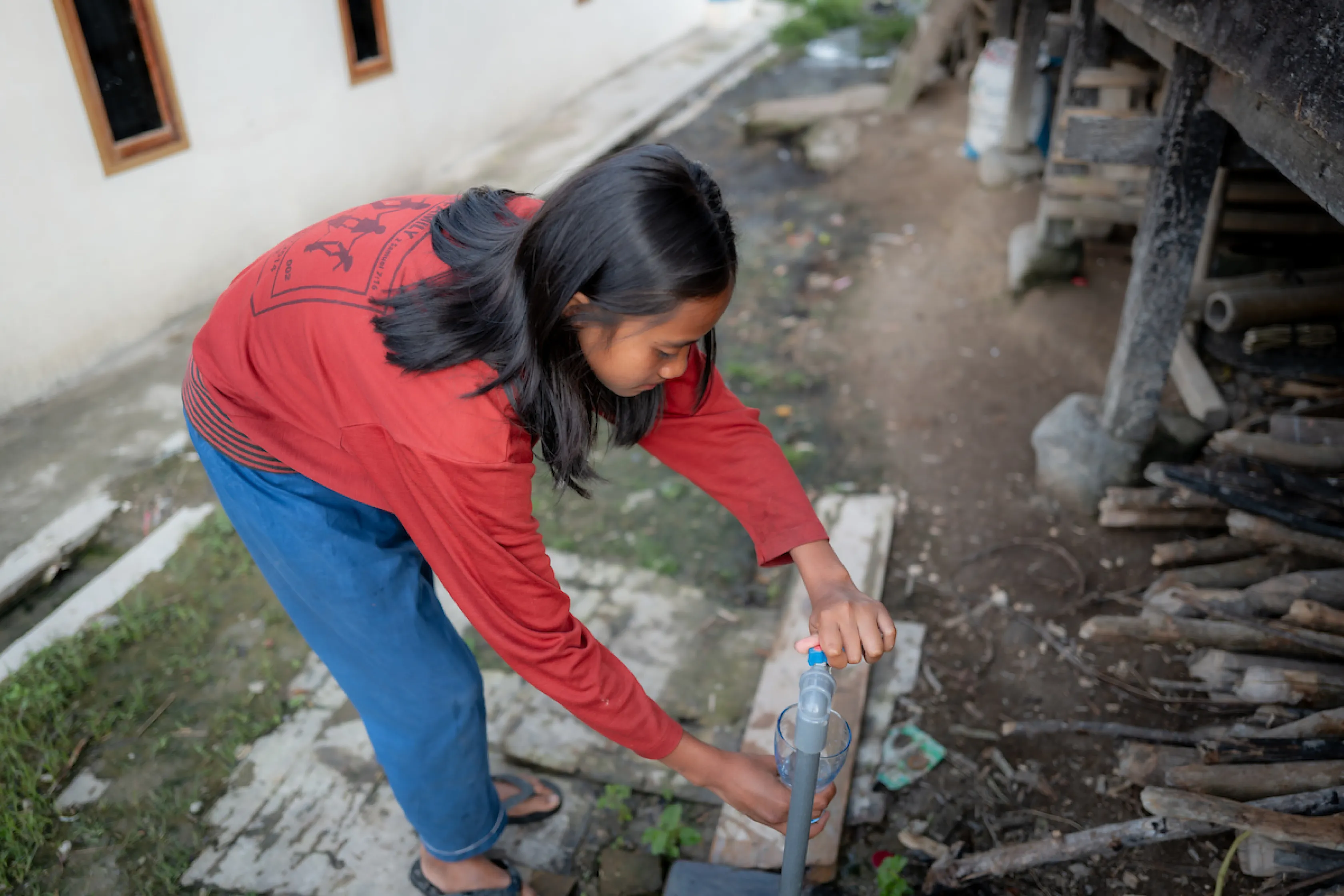
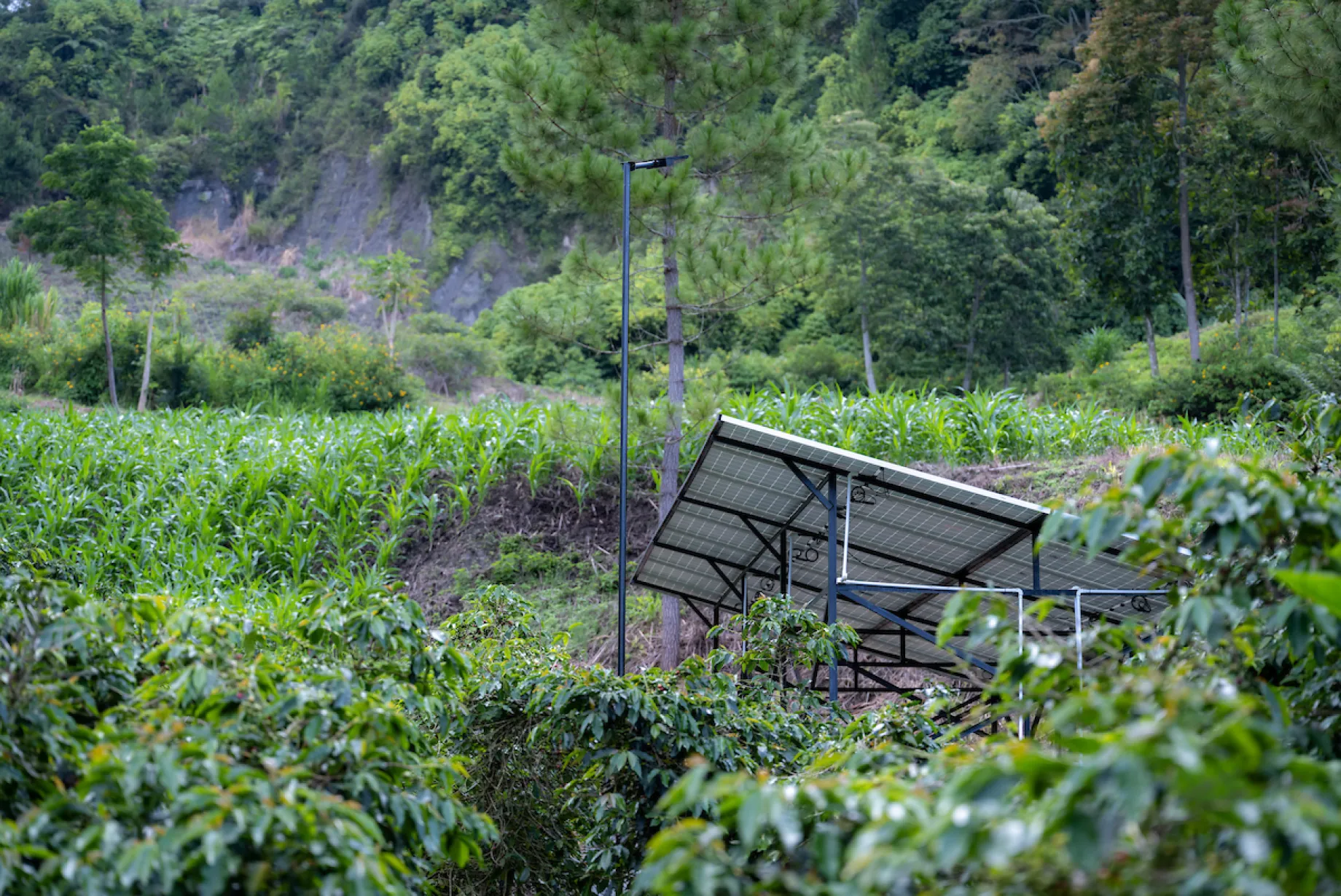
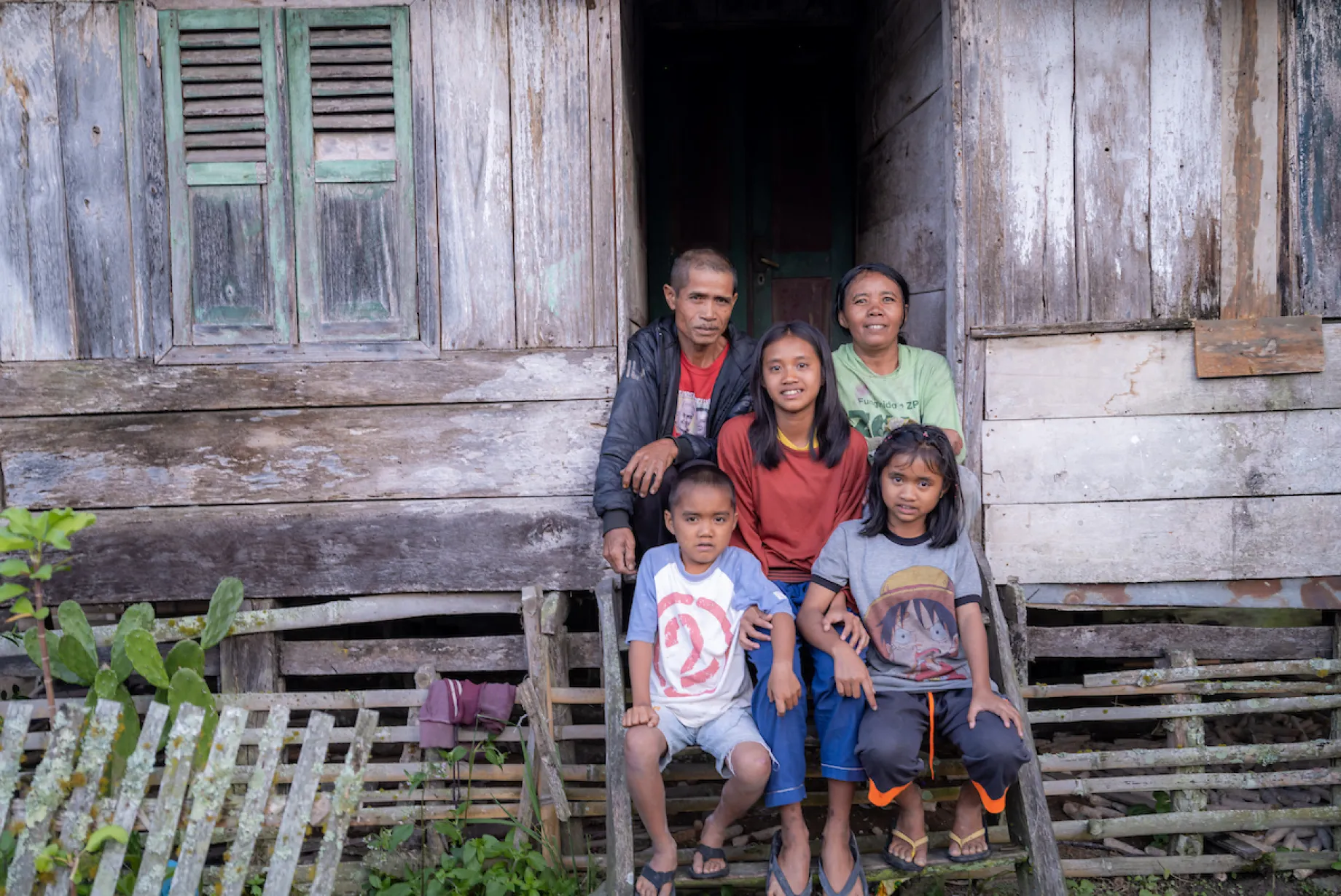
Renatal’s crisis is over. But millions of girls like her are still in crisis.
As Water Mission honors International Day of the Girl Child on October 11, 2025, we think of young girls like Renatal who are impacted daily by the global water crisis. Will you help provide them with the solution of safe water?
Related Impact Stories
